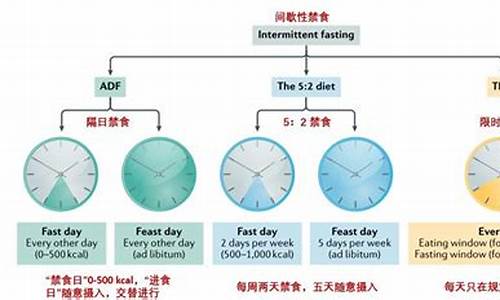Intermittent fasting (IF) has become a popular health trend in recent years, attracting widespread attention for its potential benefits. It involves alternating cycles of eating and fasting, offering a simple yet effective approach to weight loss, improved metabolism, and overall better health. This article will explore the ways in which intermittent fasting can enhance physical well-being and provide practical tips on how to incorporate it into your daily routine.
What is Intermittent Fasting?
Intermittent fasting is not about what you eat but when you eat. It is a method of eating that cycles between periods of fasting and eating. There are various types of intermittent fasting schedules, such as the 16/8 method, where you fast for 16 hours and eat within an 8-hour window. This eating pattern is believed to help the body regulate insulin levels, promote fat burning, and improve cellular repair processes.
Benefits of Intermittent Fasting
One of the main health benefits of intermittent fasting is its ability to help with weight loss. By limiting the eating window, you naturally reduce calorie intake. In addition, fasting periods increase the body’s ability to burn fat for energy. Research has shown that intermittent fasting can also improve insulin sensitivity, lower blood sugar levels, and support heart health. Furthermore, IF has been linked to enhanced brain function, reduced inflammation, and improved longevity.

How to Start Intermittent Fasting
Starting intermittent fasting can be simple. Begin by choosing a method that suits your lifestyle, such as the 16/8 or 5:2 method, which involves eating normally for five days and fasting for two days. It’s important to stay hydrated during fasting periods and to avoid overeating during eating windows. Start gradually and listen to your body to ensure a smooth transition.
Is Intermittent Fasting Right for You?
While intermittent fasting offers many benefits, it is not suitable for everyone. Pregnant women, individuals with eating disorders, or those with certain medical conditions should consult with a healthcare professional before starting IF. It is essential to make sure your approach to fasting is safe and sustainable for your personal health needs.
Conclusion
Intermittent fasting is a simple, effective strategy for improving health by promoting weight loss, enhancing metabolic functions, and supporting overall well-being. By incorporating IF into your routine, you can experience a wide range of health benefits. However, it is crucial to approach it in a balanced and mindful manner, taking into account your individual health status. As with any lifestyle change, consistency and patience are key to seeing long-term results.